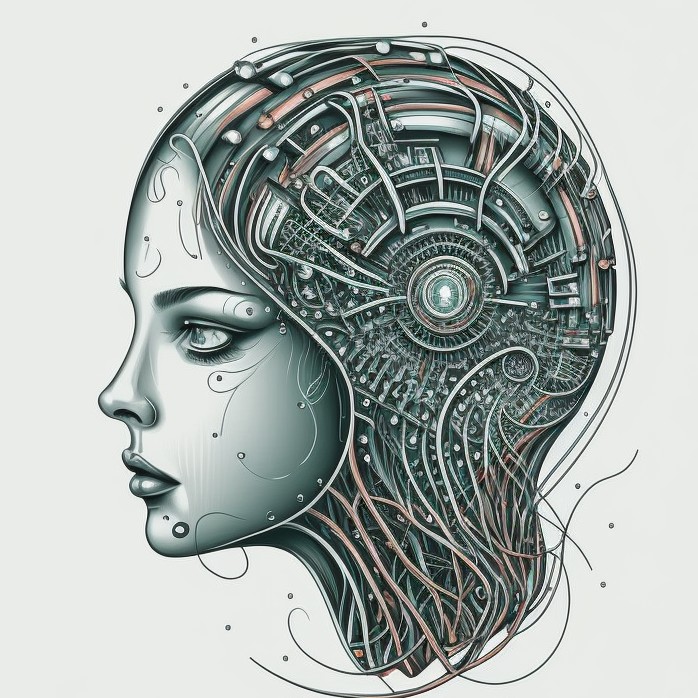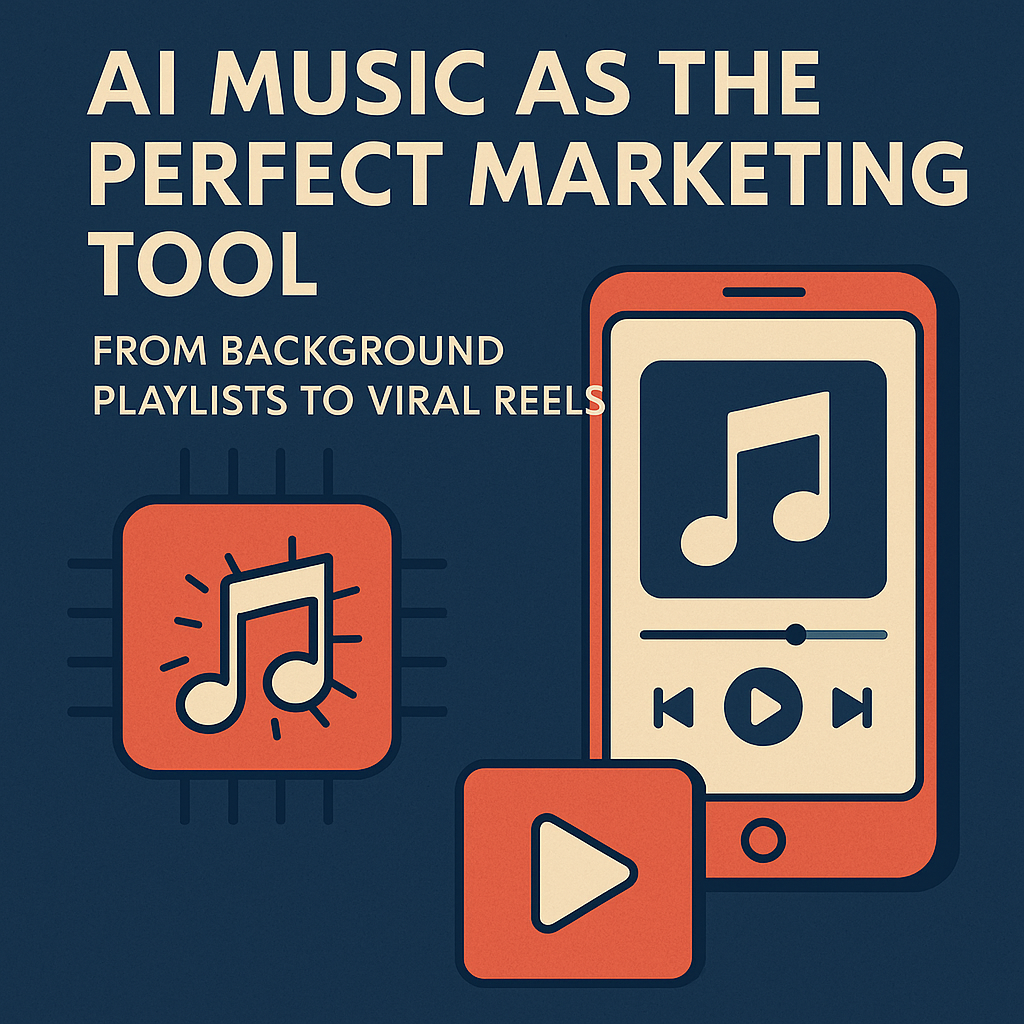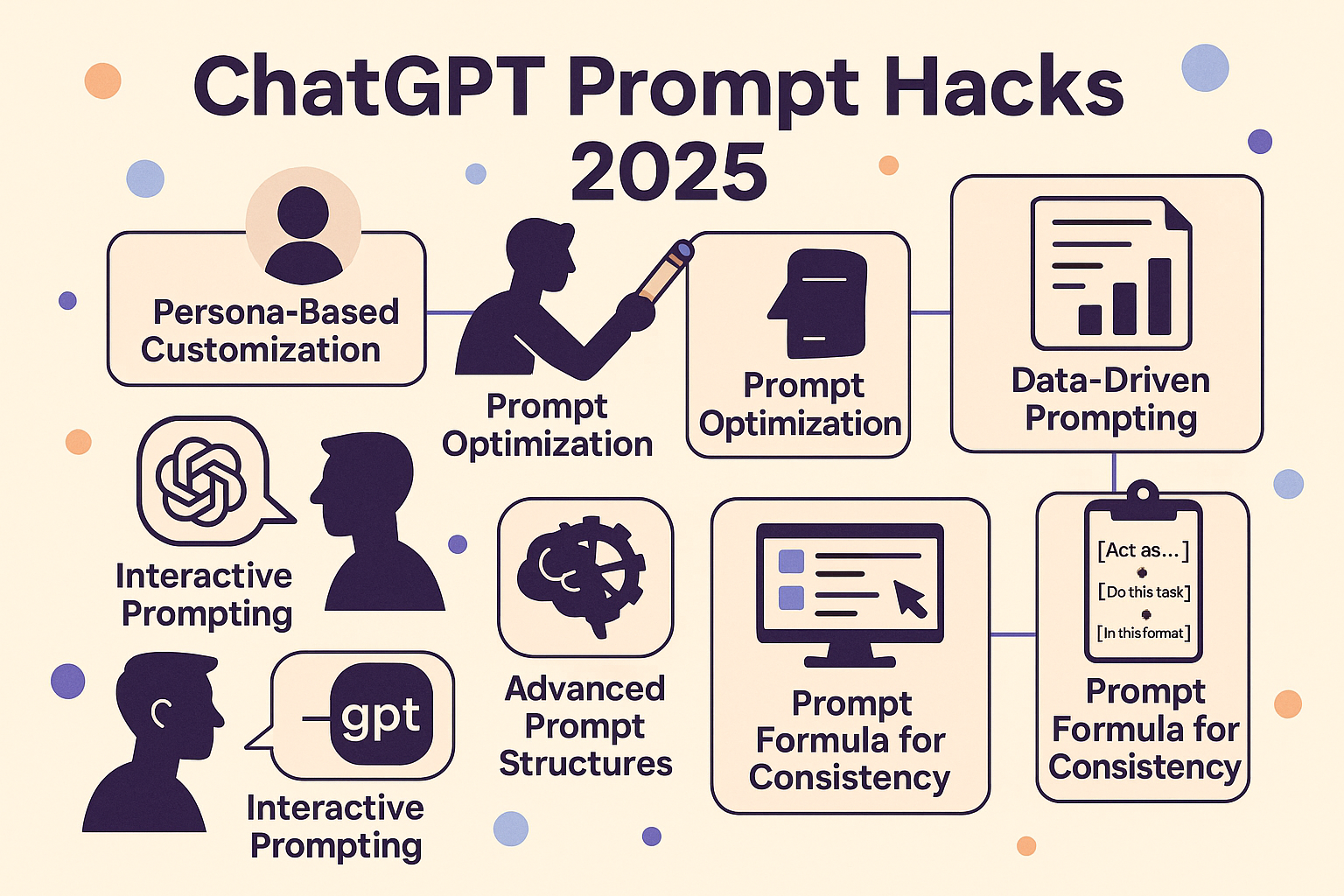AI in Filmmaking: Revolutionizing the Entire Process from Pre-Production to Distribution
Navigating the New Terrain of AI-Powered Cinematic Creation
The world of filmmaking is undergoing a transformative revolution, with Artificial Intelligence (AI) at its core. In 2024, AI’s influence in the film industry spans across all phases of production, offering tools and solutions that redefine creativity and efficiency. This article explores how AI is reshaping the filmmaking process from pre-production to post-production and distribution.
AI in Pre-Production: Scriptwriting and Casting
AI technologies are making significant inroads in the pre-production phase. Natural Language Processing (NLP) algorithms are being used to analyze scripts, providing insights into emotions, character arcs, and narrative structures. Filmmakers can use these insights to refine their scripts for a more engaging storytelling experience. AI-powered storyboard generators like D-ID, Cuebric, and Maverick visualize scenes rapidly, streamlining the planning process. AI in casting decisions, like with Casting Droid and Largo.AI, matches actors with suitable roles based on their attributes and past experiences, promoting more diverse casting (Vitrina).
AI During Filming: Efficiency and Creativity
During filming, AI plays a crucial role in performance capture and facial recognition, tracking actors and facilitating interactions between real and virtual characters. It also analyzes video footage to identify elements throughout a scene, thus enabling editors to quickly access needed information. This feature opens up a plethora of post-production possibilities, enhancing the visual accuracy and creativity of the production (Neil Chase Film).
AI in Post-Production: Editing and Sound Design
Post-production sees the most significant impact of AI. AI-powered video editing software can analyze raw footage, identify the best shots, and assemble them into cohesive sequences. Tools like Adobe's AI and Blackmagic Design’s DaVinci Resolve automate editing tasks such as scene segmentation and shot selection. Automated color-grading tools and AI-enhanced sound design further streamline the post-production process, providing filmmakers with creative control and efficiency (Vitrina).
AI's Role in Content Creation
AI tools like ChatGPT and Sudowrite assist filmmakers in generating story ideas, character names, and loglines. Image generators such as Midjourney, Stable Diffusion, and Adobe Firefly transform text prompts into original images, offering filmmakers new avenues for creative exploration. AI is also capable of generating low-cost score music, offering directors a wide array of options to complement their scenes (Short of the Week).
Ethical and Practical Challenges
Despite its numerous advantages, AI in filmmaking presents ethical challenges, particularly concerning copyright issues and the potential replacement of human roles in creative processes. There is also a debate about the impact of AI on originality and the predictability of content, raising questions about the future direction of cinematic storytelling (MIT Sloan Management Review).
Conclusion
AI in filmmaking is not just a futuristic concept but a present reality that is reshaping the industry. From scriptwriting to post-production, AI offers filmmakers tools that enhance creativity, efficiency, and cost-effectiveness. However, navigating this new terrain requires balancing technological advancements with ethical considerations and maintaining the human essence of storytelling.



